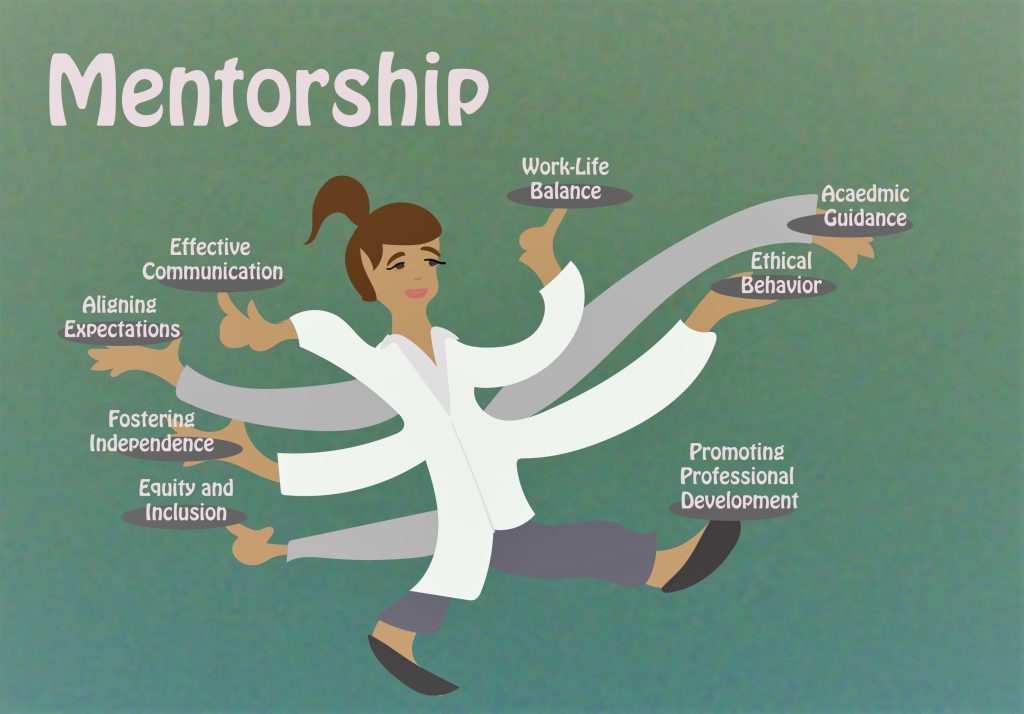
Mentorship has always played an essential role in personal and professional growth, providing guidance, insight, and encouragement. But mentorship isn’t a one-size-fits-all approach—different kinds of mentorship address various needs, making it a flexible tool for growth across industries and life stages. Michael Shvartsman, a business leader and investor, shares his insights on mentorship’s versatility and how different types can make an impact. Here’s a closer look at the unique styles of mentorship and the value each can bring.
- Traditional Mentorship
Traditional mentorship is what many people picture when thinking of mentor-mentee relationships. Typically, an experienced professional guides someone newer in their career, providing insights drawn from years of experience. This form of mentorship is often long-term, focusing on overall career progression rather than short-term skills or goals. A mentor might offer:
- advice on career planning,
- help with networking,
- or give guidance on company dynamics.
Michael Shvartsman points out that traditional mentorship remains powerful, especially in the initial stages of one’s career. “Starting out in a new field can feel daunting, and having an experienced mentor who knows the path can make all the difference. It’s a relationship built on trust, and that trust helps mentees develop confidence and direction.”
- Peer Mentorship
In peer mentorship, individuals with similar experience levels mentor each other, offering fresh perspectives on challenges and opportunities. Because there’s no significant hierarchy, peer mentorship feels collaborative, allowing both parties to share insights freely. This style is valuable in fast-evolving industries like tech, where recent graduates and young professionals bring fresh knowledge and can help each other stay updated on trends and tools.
“Peer mentorship brings mutual benefit,” Michael Shvartsman observes. “Peers often bring different viewpoints on the same issue, helping each other see new ways to solve challenges. It’s especially useful when both people are close to similar career stages—they’re often navigating similar experiences.”
- Group Mentorship
In group mentorship, one or several mentors provide guidance to a group of mentees. This style allows for shared learning, where mentees not only gain knowledge from their mentor(s) but also learn from each other’s experiences. Group mentorship often occurs in professional organizations, startups, or university programs. It encourages collaboration and broadens mentees’ perspectives.
“Group mentorship is a unique experience,” says Michael Shvartsman. “You’re not only learning from the mentor but also from your peers. Hearing about each person’s approach to challenges helps everyone develop well-rounded solutions.”
- Reverse Mentorship
Reverse mentorship is an innovative approach where younger professionals mentor their more experienced counterparts, often providing insights on new technologies, trends, or cultural shifts. In industries impacted by technological advancement, reverse mentorship can be especially beneficial, helping leaders stay current with trends that may influence their organizations. For instance, younger employees may provide insights on digital marketing or social media, equipping their mentors with knowledge on emerging consumer habits.
“Reverse mentorship can be transformative,” Michael Shvartsman shares. “It flips the conventional model on its head, creating a reciprocal relationship. Leaders can understand emerging trends directly from those who engage with them daily, making the workplace more adaptive and informed.”
- Situational Mentorship
Situational mentorship is a shorter-term arrangement focused on a specific project, goal, or challenge. A professional might seek out a mentor for guidance on a particular skill or project phase, such as launching a product, improving public speaking, or navigating a high-stakes decision. Once the specific need is addressed, the relationship typically concludes or shifts focus.
Michael Shvartsman appreciates the flexibility of situational mentorship: “Sometimes a challenge requires insights from someone with expertise in that specific area. Situational mentorship allows people to seek targeted support, enhancing their skills or knowledge where it’s needed most.”

- Virtual or Remote Mentorship
In the digital age, mentorship is no longer restricted by geographic location. Virtual mentorship enables mentees to connect with experts from around the world, expanding access to diverse viewpoints and industry-specific knowledge. This style also works well for professionals with busy schedules who want to incorporate mentorship without committing to in-person meetings.
“Virtual mentorship opens the door to a global network,” Michael Shvartsman explains. “It allows mentees to connect with mentors from any location, providing access to expertise that may not be available locally. It’s a powerful way to broaden perspectives.”
- Executive or Leadership Mentorship
Executive mentorship is tailored for professionals aiming for leadership roles or for executives looking to refine their leadership style. In this type of mentorship, the focus is on honing management skills, building executive presence, and navigating complex organizational dynamics. Executive mentors often help their mentees understand the nuances of strategic decision-making and provide insights on effective leadership.
“Leadership demands a unique set of skills, and mentorship at this level helps individuals navigate the challenges that come with responsibility,” Michael Shvartsman notes. “An experienced mentor can offer guidance on tough decisions, helping mentees build resilience and perspective.”
Mentorship offers an adaptable and enriching path for personal and professional growth. Each style brings its own benefits, allowing individuals to choose the approach that best meets their evolving needs. As Michael Shvartsman underscores, mentorship is valuable at every career stage, providing guidance that helps mentees make informed decisions, enhance their skills, and navigate the challenges of their chosen path. In a fast-changing world, mentorship remains a foundation for building resilient, insightful professionals poised for success.

